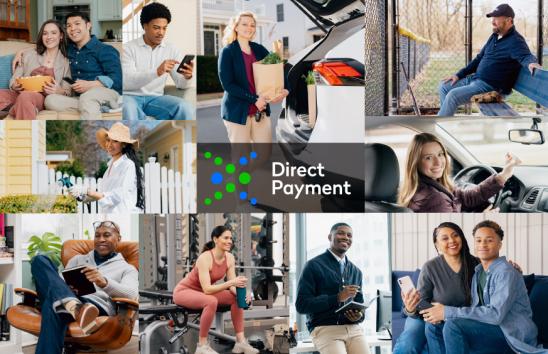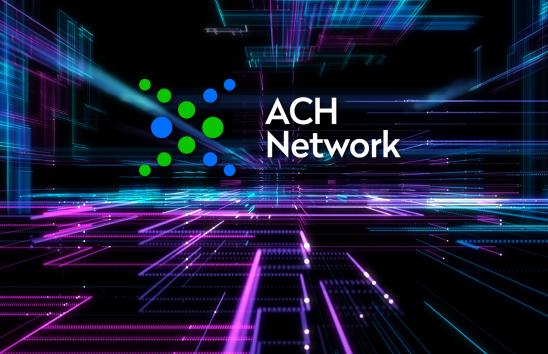Understanding Digital Assets and Debunking Crypto Myths
(L-R) Chris Colson and Mark Dixon.
NEW ORLEANS—Financial inclusion is an issue getting a lot of attention from regulators, lawmakers, bankers and others. Could digital assets be at least part of the solution?
“When we think about what this technology can do from an inclusion standpoint, you think about it from the lens of if I have citizens that don’t have access to banking services, can I create an infrastructure that allows them to continue to transact without the need for traditional banking ecosystem?
Cryptocurrency and blockchain technology do enable that,” said Mark Dixon, Senior Consultant at Nacha Consulting. “In an environment where we can get people access to mobile devices or a way to connect to merchants and other participants, you can use it as an inclusion model.”
At an April 28 session at Smarter Faster Payments 2025 looking at all things digital payments, one area of focus for the panel was cryptocurrency, including some common misconceptions, such as the one that all crypto is a form of investment.
“That’s not the case,” said Chris Colson, Program Director, Federal Reserve Bank of Atlanta. “Some people do it as an investment but that’s not the primary reason. People are actually using it to buy and sell things.”
That feeds into another misconception Colson cited: that all crypto transactions are illegal.
“It seems that way because that’s the only thing you read about in the newspaper, another illegal crypto transaction,” said Colson. “But the reality is there are a lot of companies out there that accept various forms of cryptocurrencies.”
Still, it appears some financial institutions have concerns about crypto. The Navigating Through Digital Payments project team of Nacha’s Payments Innovation Alliance recently conducted a survey to learn more about how FIs are governing cryptocurrency activity within their organizations. Asked if a corporate client processes crypto, will you take them on as a client, 80% of respondents said no.
“What our project team is trying to understand is why is that? Is it because there’s room for improvement on knowledge of cryptocurrency and regulatory guidance to come out on that?” said Sharon Hallmark, Director, Payments Education, EPCOR. “Maybe we need to do a little more education and resources with our organizations and financial institutions to give them a better understanding of these digital assets.”



